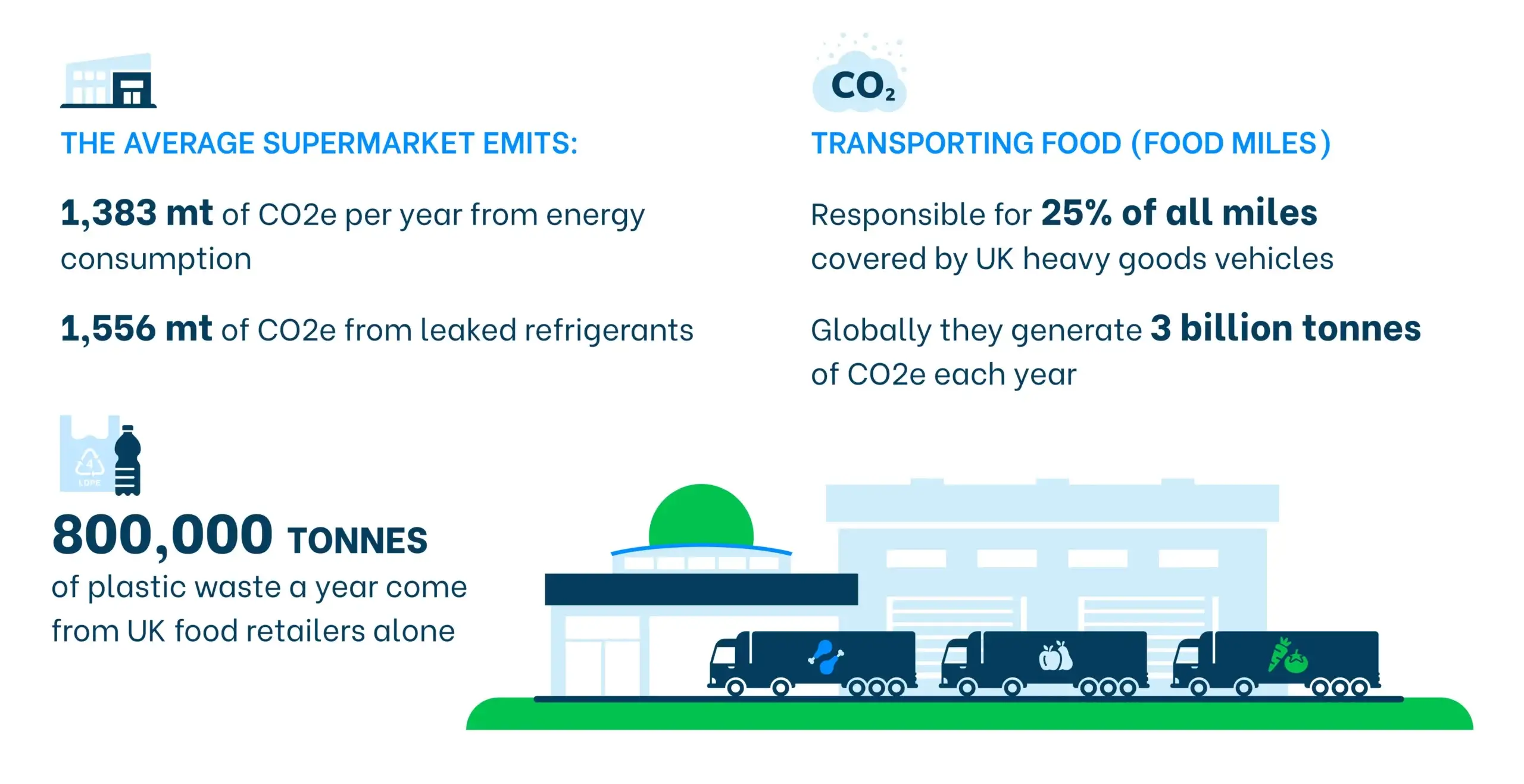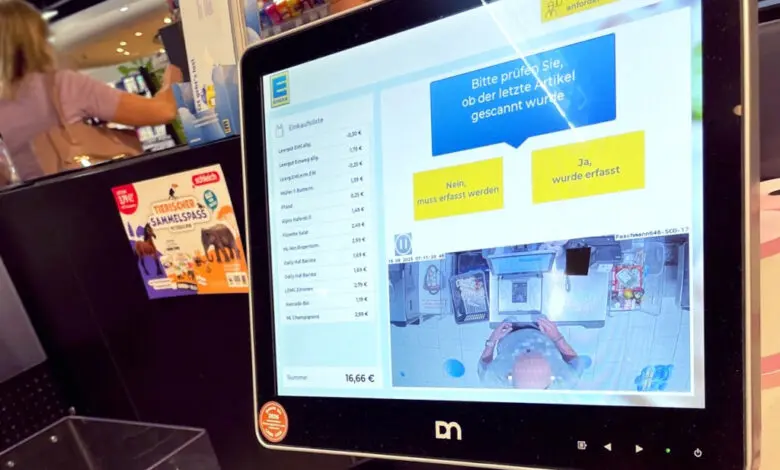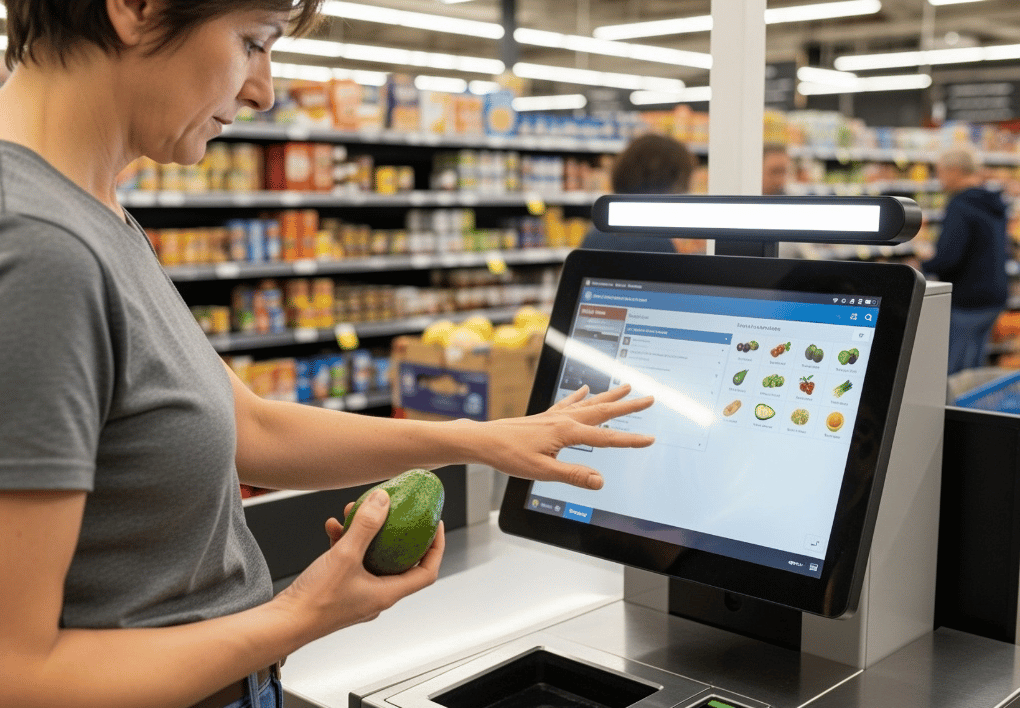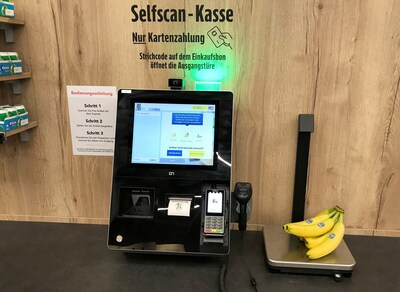Can AI drive supermarket sustainability?
28th June 2023
Utilising AI to drive retail sustainability
AI is a hot topic, and new innovations and uses are being developed every day. Retailers are increasingly focused on implementing AI to make their operations more sustainable. In addition, IHL predicts that AI in retail could generate $9.2 trillion in economic impact by 2029. As a result, AI could help retailers reduce their carbon footprint and increase sustainability, as well as improving profits.
Food Retail is a major contributor to greenhouse gas emissions, accounting for over 3.1 billion tonnes per year. Technology is also a major contributor to greenhouse gas emissions, accounting for over 1 billion tonnes per year. In fact, over 40 million tonnes of e-waste (electronic waste) are sent to landfill every year as a result of the throwaway culture for device replacement.
Supermarkets emit greenhouse gases from different sources, including energy consumption, plastic waste, and food waste. To make an impact, supermarkets need to address these different sources of emissions simultaneously. In addition to being major energy consumers, supermarkets also rely heavily on single-use plastic, with over 800,000 tonnes of waste generated in the UK alone each year.

How can AI help retailers achieve their sustainability goals?
There may not be quick and easy solutions to some of the sustainability challenges. However, there are ways in which AI can help retailers to understand some of their impact areas for sustainability.
Removing plastic from the fresh produce section
The plastic bag is convenient for carrying produce, but it will likely end up in landfill where it will take decades to degrade. Increasingly, consumers are aware of their environmental impact and welcome opportunities to reduce their plastic usage.
An AI powered Fresh Produce Recognition solution integrated into checkouts, self-checkouts and weigh scales can detect produce; whether it is loose, or in sustainable packaging such as reusable netted or mesh bags offering an immediate saving of plastic with no infrastructure changes.
Monitoring refrigeration for leaks
Refrigerators are typically the largest part of the electricity consumption in a supermarket, accounting for 50-60% of energy usage:
- Technology breakdowns can be hard to spot.
- Different colleagues address the clean-up each time, so leaks can go unnoticed.
An AI-driven liquid spill detecting solution not only alerts to spills but can highlight the frequent patterns of leaks, highlighting refrigeration units needing repair.
Harness as much existing infrastructure as possible
Retailers typically invest in infrastructure in multi-year cycles, meaning that it may be considered difficult to rip and replace hardware to introduce software solutions. 70% of waste that is harmful to human health or the environment in landfill every year is electronic waste (see report).
Look for vendors that are able harness existing infrastructure. SeeChange, for example, is embedded directly into Diebold Nixdorf self-checkouts, and is able to run a spill detection solution via your existing VMS/ CCTV providers.
In conclusion, AI-powered solutions can help supermarkets achieve sustainability. From reducing the need for plastic packaging, to reducing energy consumption by spotting faults early, The goal is to leave a small footprint with a big impact.


